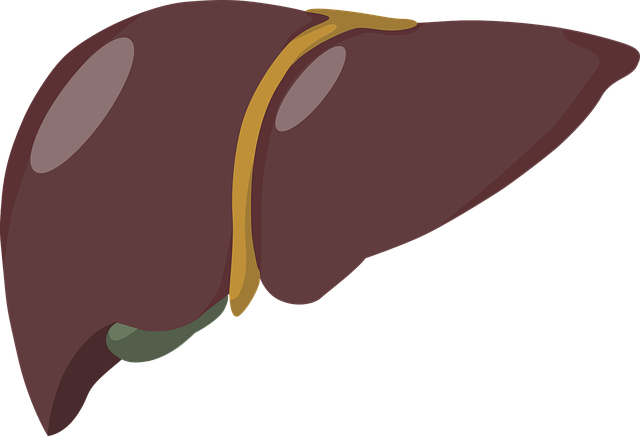
Mammals can't typically regenerate organs as efficiently as other vertebrates, such as fish and lizards. Now, Salk scientists have found a way to partially reset liver cells to more youthful states—allowing them to heal damaged tissue at a faster rate than previously observed. The results, published in Cell Reports on April 26, 2022, reveal that the use of reprogramming molecules can improve cell growth, leading to better liver tissue regeneration in mice.
"We are excited to make strides at repairing cells of damaged livers because, someday, approaches like this could be extended to replacing the whole organ itself," says corresponding author Juan Carlos Izpisua Belmonte, a professor in Salk's Gene Expression Laboratory and holder of the Roger Guillemin Chair. "Our findings could lead to the development of new therapies for infection, cancer and genetic liver diseases as well as metabolic diseases like nonalcoholic steatohepatitis (NASH)."
The authors previously showed how four cellular reprogramming molecules—Oct-3/4, Sox2, Klf4 and c-Myc, also called "Yamanaka factors"—can slow down the aging process as well as improve muscle tissue regeneration capacity in mice. In their latest study, the authors used Yamanaka factors to see if they could increase liver size and improve liver function while extending the health span of the mice. The process involves partially converting mature liver cells back to "younger" states, which promotes cell growth.
Read more...







